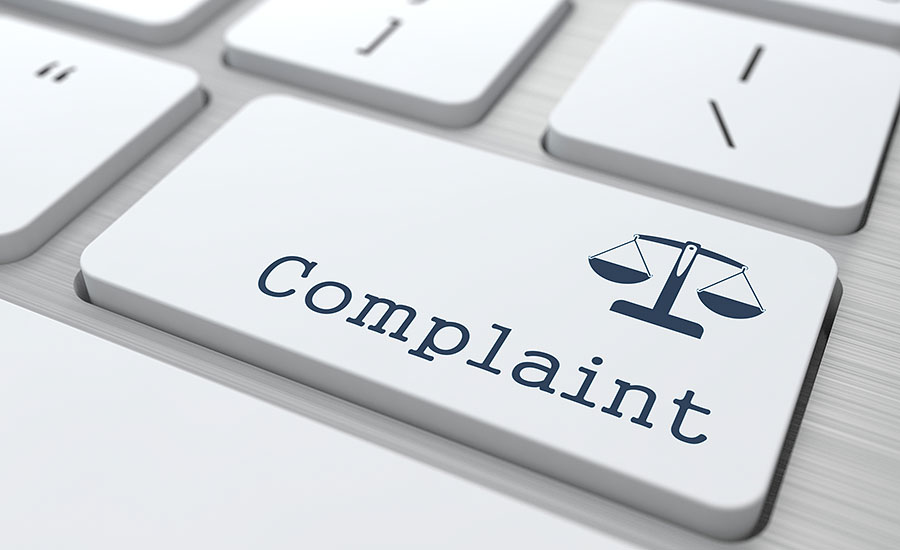

Some of you have been lucky and have never had a Contractors’ State License Board complaint. Others have had a few. Lately, the “consumer playbook” is to not only litigate, but to file complaints with the CSLB, the license bond surety, and post negative reviews on social media including Yelp and Angie’s List. This article will only focus on the CSLB, but your response may be similar though the ramifications are different.
When a complaint is received by the Contractors Board, it is first assigned to an intake center which will informally try to resolve the case before sending it to an investigator. It is at this point that your best move is to do what you can to settle the claim. The CSLB usually sends a form letter to the contractor, advising that a complaint has been received from a complainant, the address where the project is located, and an advisory that the contractor should contact the customer and attempt to settle the matter. The form also requires a response to the Contractors Board. That response requires the contractor to advise the board if:
Now, many contractors will immediately pick up the phone and call the Contractors Board but not send any further response. Others will set aside the letter and simply ignore it until they are called or contacted. Others may contact the customer and find out what is wrong. Sometimes, the contractor gets the form letter before the customer has even complained to the contractor and the contractor does not know what the complaint is about.
In every case, even in cases where you are owed money or there is animosity between the customer and contractor, the contractor should make an effort to contact the owner in writing, with an offer to remedy the complaint. In that written communication — I generally recommend the method of communication the parties utilized during their course of business together, except I never recommend responding by text message — the contractor respond with the known reasons why the claim is refuted, and if there are any workmanship or warranty claims, the contractor should indicate that if there is a problem with the work, it is ready, willing and able to correct the work. These are the buzzwords that should be used in every communication.
If you use these words and the customer will not let you back in, it is hard to assert that you have abandoned the project. Now, here is why you should respond in a timely manner: if you respond and the complainant does not provide information to the CSLB as they may request, they will often close the file. If the contractor will not respond to the intake department, then they will assign it to an investigator. It is a rare occasion every contract requirement was included in the contract; it is easy to find technical violations which lead to a citation. However, if an investigator is assigned, he or she will retain an industry expert to review the work. Having handled Contractors Board matters for 20 years, it is a rare occurrence that an industry expert will find nothing wrong with the work. Sometimes the findings are things not even included in your scope of work and that is your battle. However, you want to attempt to cut that off at the pass.
If the case is assigned to an investigator, and you truly have an issue, you may want to consult with an attorney before meeting with the investigator or making a statement. If you are owed money, get your ducks in a row and document everything, including contracts, change orders and the like. If your contract does not comply with the law you may want to settle with the customer even if it pains you to do so.
If the investigator offers you the CSLB Arbitration program, you may want to seriously consider that. You may not have a choice if the owner’s claim is for under $15,000 since the Contractors Board can compel you to participate in their program. The benefit of the program is that you argue the facts to a neutral arbitrator, and assuming you comply with the award, there is absolutely no negative report on your license information.
Keeping a clear license history is very important as a citation and accusation will be a scarlet letter on your license for many years to come. If in doubt, discuss your case with an attorney.
"This article was originally posted on ww.reevesjournal.com."